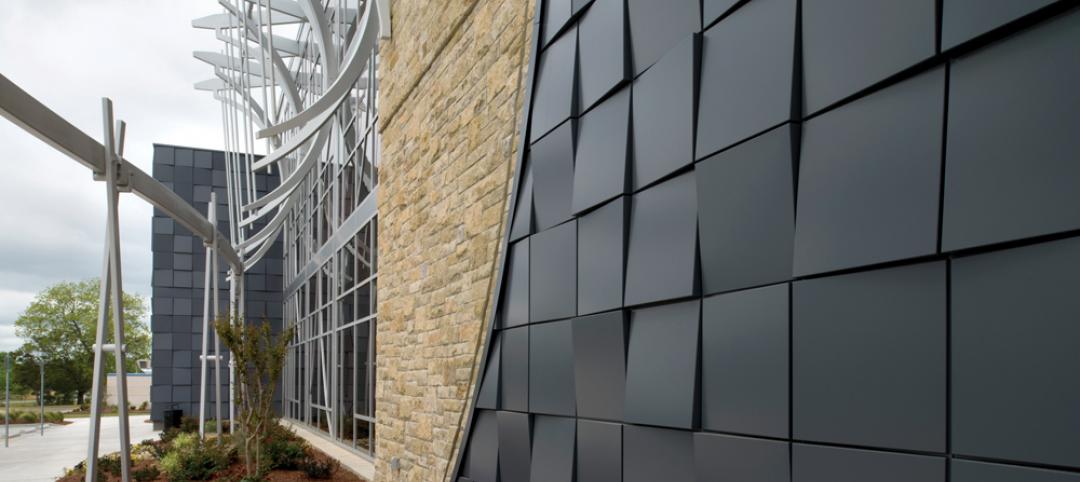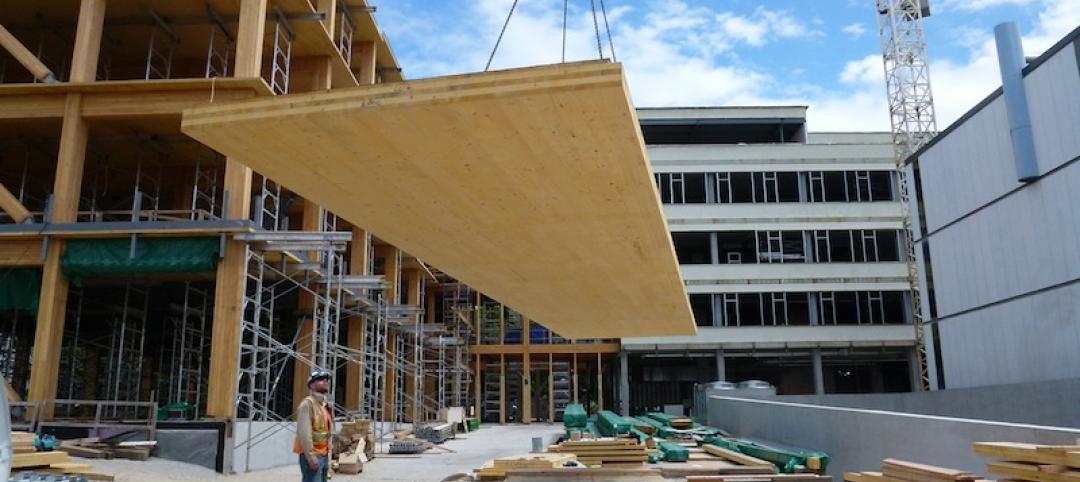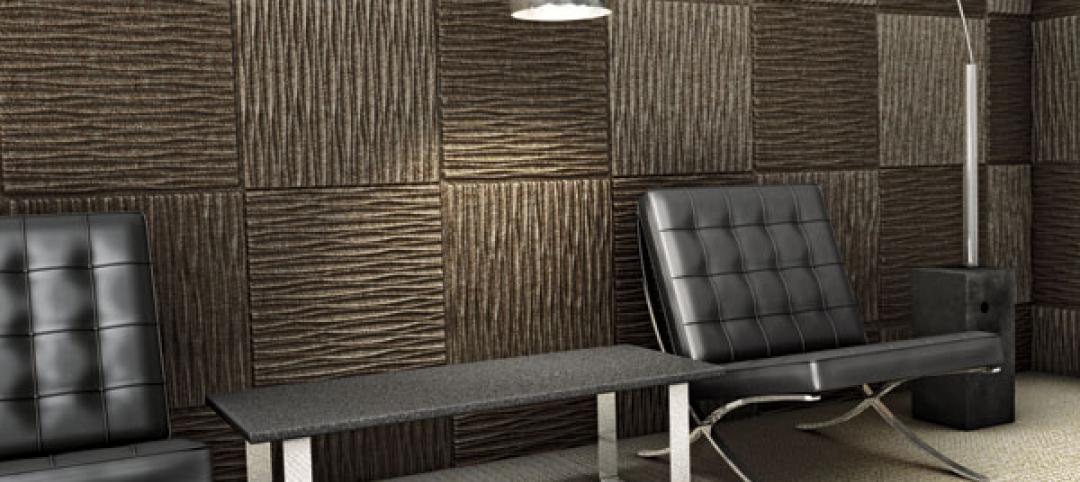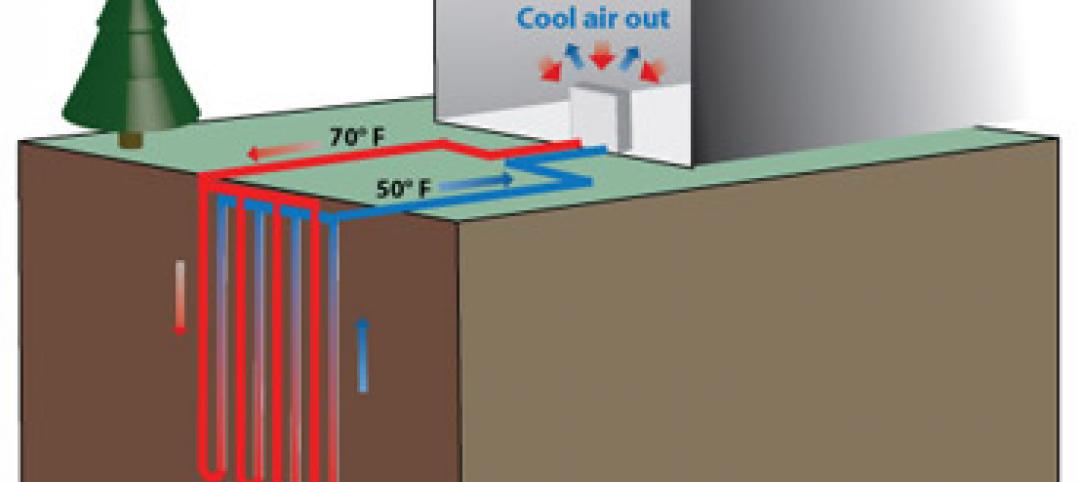Zahner announces its first venture into web-based software. The free software platform called ShopFloor, launched earlier today, contains a suite of intuitive tools for building complex architecture.
This is Zahner’s first software available to the public. However, it is not the first time Zahner developed code for architecture. In 2005, Zahner designed the first image-mosaic perforation algorithm for the de Young Museum in San Francisco. The technology behind this project made waves - Richard Lacayo stated in the Times, “what this building says is that maybe craftsmanship has a high-tech future after all,” and Julie Iovine said that “Seurat would have marveled.”
Zahner’s algorithm allowed the entire process to run smoothly on the factory floor, as though it were any other job. Zahner’s innovative new software takes this a step further. ShopFloor™ provides a user interface: a simple, easy and perhaps even fun way to produce facades not unlike the de Young Museum. Designs outputted by the software are preengineered and fabricated on Zahner’s shop floor.
“We’ve built a tool that uses our factory floor like a massive rapid prototype machine,” says CEO/President Bill Zahner, “You see the price, you manipulate your design, and we build it. This model never been applied to architecture.”
Screenshots of the ShopFloor designer in action. Photo © A. Zahner Company
Designers can see the price change as they manipulate the 3D model. This allows users to directly control and prevent value engineering of their design that would typically occur. When the design is complete and the purchase is made, Zahner produces the parts, crates the assemblies, and ships them to the job site.
The simplified design interface means that costs are greatly reduced when compared to traditional design, engineering and fabrication. “This is a truly unique approach,” says Director of Marketing, Gary Davis. “Instead of a back-and-forth design process, everything you build on ShopFloor is pre-engineered, stamped, and ready to ship.”
ShopFloor™ provides a direct interface to Zahner’s shop floor. The name, “ShopFloor” pays homage to the machines, facility, and skilled artisans with which the software gives you direct access. It is also a reference to the online store, an intuitive marketplace to design and build architectural systems.

The transparent pricing is perhaps the most revolutionary aspect of ShopFloor, giving the designer more control over the construction budget. Photo © A. Zahner Company
Zahner currently has three tools being rolled out for ShopFloor’s beta test:
• The first tool gives designers access to the system based on the company’s new headquarters in Kansas City, a fin-based shading system with flexible design parameters and a visually striking output.
• The second tool will give designers access to the ZIRA technology for creating perforated surfaces from photographs, and will be available Spring 2014 (see the de Young Museum).
• The third tool is a completely new technology, which enables designers to build standard glass and metal facades, but with a variety of customizable material claddings and will be available Spring/Summer 2014.
“With our tool, everything you design is quantifiably buildable,” says Zahner engineer Craig Long, “And quantifiably buildable designs have concrete costs. So we thought, what happens when a designer can see the cost of a facade? It’s that missing piece of the puzzle. For the designer, it’s knowledge, and it’s power.”
For more information, visit http://shopfloor.azahner.com.

Zahner’s Headquarters in Kansas City, the first facade system available for ShopFloor. Photo © Mike Sinclair; © A. Zahner Company

Detail of the fin-based facade for Zahner’s Headquarters, the first facade system available for ShopFloor. Photo © Mike Sinclair; © A. Zahner Company
Related Stories
| Jan 11, 2014
Getting to net-zero energy with brick masonry construction [AIA course]
When targeting net-zero energy performance, AEC professionals are advised to tackle energy demand first. This AIA course covers brick masonry's role in reducing energy consumption in buildings.
| Dec 13, 2013
Safe and sound: 10 solutions for fire and life safety
From a dual fire-CO detector to an aspiration-sensing fire alarm, BD+C editors present a roundup of new fire and life safety products and technologies.
| Dec 10, 2013
16 great solutions for architects, engineers, and contractors
From a crowd-funded smart shovel to a why-didn’t-someone-do-this-sooner scheme for managing traffic in public restrooms, these ideas are noteworthy for creative problem-solving. Here are some of the most intriguing innovations the BD+C community has brought to our attention this year.
| Nov 27, 2013
Wonder walls: 13 choices for the building envelope
BD+C editors present a roundup of the latest technologies and applications in exterior wall systems, from a tapered metal wall installation in Oklahoma to a textured precast concrete solution in North Carolina.
| Nov 26, 2013
Construction costs rise for 22nd straight month in November
Construction costs in North America rose for the 22nd consecutive month in November as labor costs continued to increase, amid growing industry concern over the tight availability of skilled workers.
| Nov 25, 2013
Building Teams need to help owners avoid 'operational stray'
"Operational stray" occurs when a building’s MEP systems don’t work the way they should. Even the most well-designed and constructed building can stray from perfection—and that can cost the owner a ton in unnecessary utility costs. But help is on the way.
| Nov 19, 2013
Top 10 green building products for 2014
Assa Abloy's power-over-ethernet access-control locks and Schüco's retrofit façade system are among the products to make BuildingGreen Inc.'s annual Top-10 Green Building Products list.
| Nov 15, 2013
Metal makes its mark on interior spaces
Beyond its long-standing role as a preferred material for a building’s structure and roof, metal is making its mark on interior spaces as well.
| Nov 13, 2013
Installed capacity of geothermal heat pumps to grow by 150% by 2020, says study
The worldwide installed capacity of GHP systems will reach 127.4 gigawatts-thermal over the next seven years, growth of nearly 150%, according to a recent report from Navigant Research.
| Oct 30, 2013
11 hot BIM/VDC topics for 2013
If you like to geek out on building information modeling and virtual design and construction, you should enjoy this overview of the top BIM/VDC topics.


















